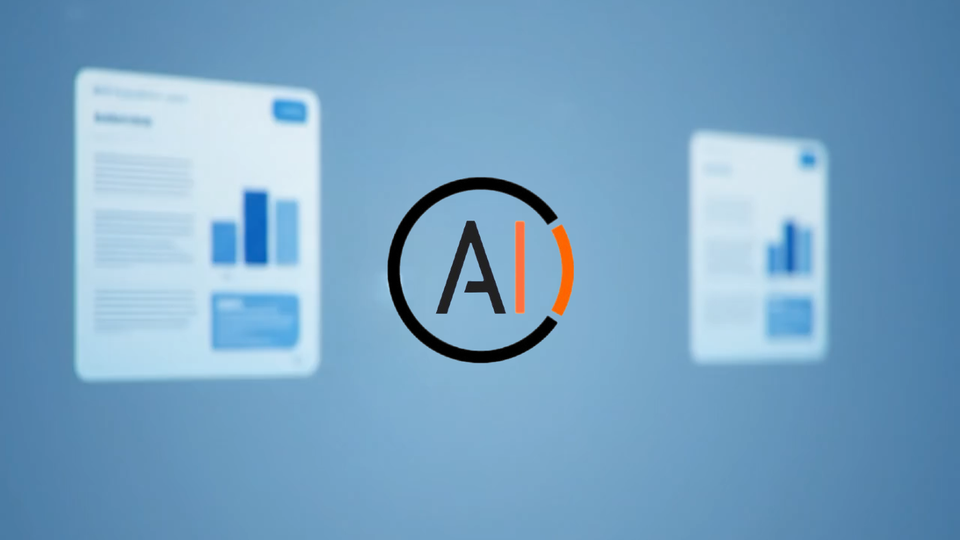Beyond the Hype: Why AI in Scientific Research Needs Transparency and Rigor — and How HYM-AI Delivers It

Artificial intelligence (AI) and agentic tools are increasingly integrated into scientific and medical research workflows, promising speed, automation, and access to vast datasets. However, current offerings often lack the transparency and methodological rigor essential for academic and clinical validity. Without such traceability, reproducibility suffers, and the integrity of the research process is undermined.
Lessons from Big Tech’s Missteps
The limitations of current AI tools are not just theoretical. Even major technology companies have stumbled in their attempts to create AI systems for hypothesis generation.
Google’s much-publicized AI Co-Scientist, announced as a breakthrough capable of “generating and testing hypotheses,” has faced significant skepticism from the scientific community. Experts have criticized the platform’s opacity and lack of methodological detail:
“This could be used as a good starting point for researchers, but […] the lack of detail is worrisome and doesn’t lend me to trust it,” said Dubyk, in an interview with TechCrunch (TechCrunch, 2025: Experts don’t think AI is ready to be a co-scientist).
The tool’s claimed discovery of novel treatments for liver fibrosis was also quickly debunked:
“The drugs identified are all well established to be antifibrotic. There is nothing new here,” noted Steven O’Reilly of UK biotech firm Alcyomics (New Scientist, 2025: Can Google's new research assistant AI give scientists 'superpowers'?).
Moreover, while the AI’s ability to process vast literature is potentially useful, its high risk of “hallucinations” — fabricated but plausible-sounding results — remains a critical flaw (Futurism, 2025). These issues raise a fundamental question: should AI replace the most creative aspects of research, such as hypothesis generation, when this is a process researchers often value most?
As AI researcher Lana Sinapayen observed:
“Generating hypotheses is the most fun part of the job. Why would I want to outsource my fun to a computer, and then be left with only the hard work?” (Futurism, 2025).
How HYM-AI Addresses the Challenge
Unlike opaque “black-box” AI systems, High Yield Medicine AI (HYM-AI) was designed from the ground up to provide end-to-end research support with full transparency and methodological rigor.
Key features include:
- Transparent Methodology – Every step of the research process is logged and available for review, from idea generation to manuscript drafting. Users can see precisely which literature was retrieved, what search strategies were used, and how screening decisions were made.
- Multi-Agent Orchestration – Specialized AI agents work collaboratively on discrete stages of the research process (e.g., systematic literature review, data synthesis, statistical analysis), ensuring focused expertise and reproducibility.
- Systematic Review Standards – The platform adheres to PRISMA guidelines and evidence-based protocols, enabling outputs that can withstand peer review.
- Human-in-the-Loop Control – Researchers retain decision-making authority, ensuring AI remains an assistant rather than an unaccountable replacement for scientific judgment.
By combining speed (processing literature in hours, not weeks) with traceability (verifiable step-by-step workflows), HYM-AI avoids the pitfalls of unverified “deep research” claims and delivers outputs that can be scrutinized, replicated, and trusted.
Conclusion
The future of AI in scientific and medical research depends on more than computational power—it depends on trust. Without transparent, reproducible methods, even the most advanced AI systems risk producing results that are scientifically unusable.
HYM-AI’s approach represents a path forward: one where AI enhances, rather than undermines, the integrity of academic research.
In short: If the AI research tools of today are either opaque or overpromising, HYM-AI is here to be the transparent, rigorous, and genuinely useful alternative.
📍 Learn more or request early access at hym-ai.com
